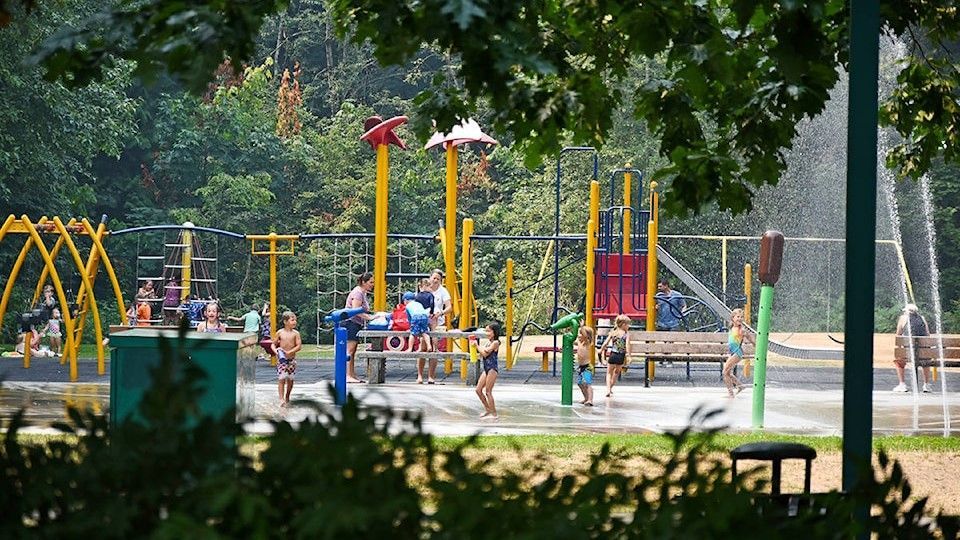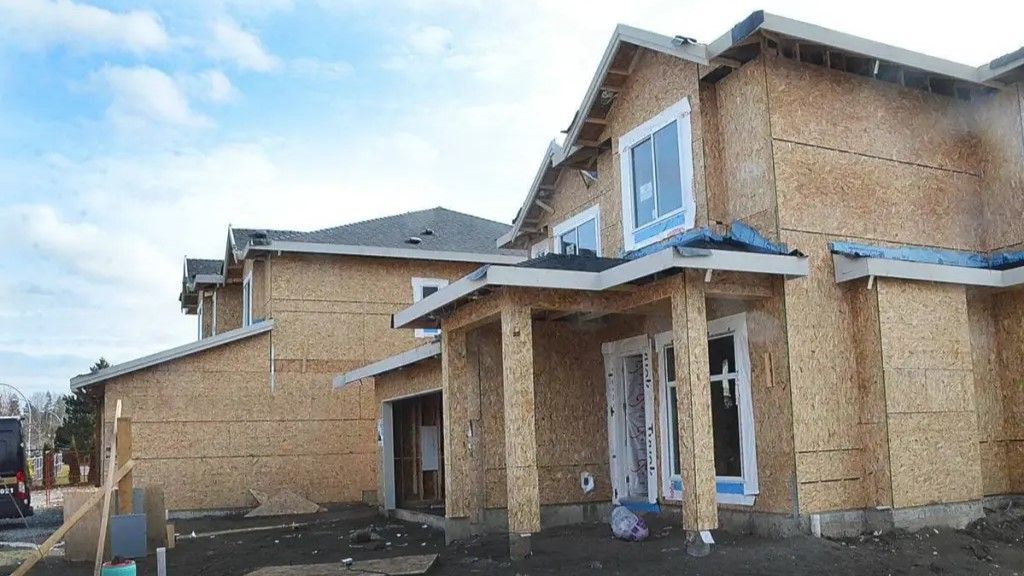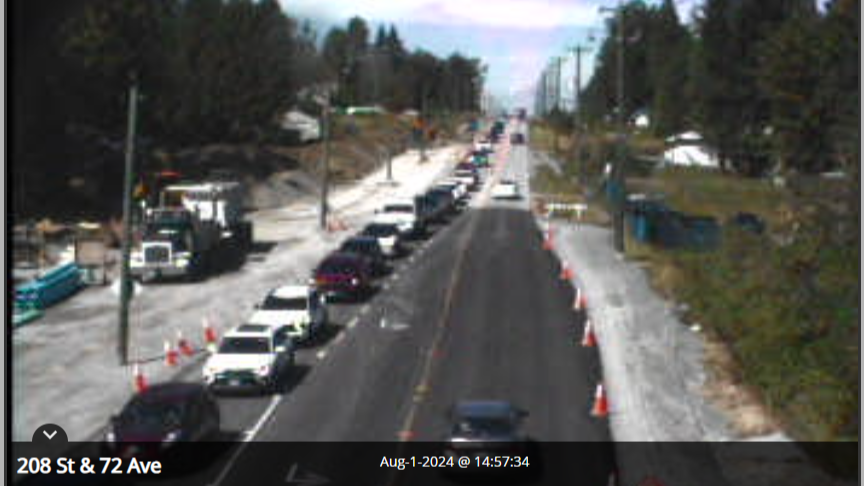🥶 Beat the Heat: Langley's Coolest Places ❄️🏖️

Here are a few ways to stay cool in the Township when temperatures rise.
Many municipal buildings that are open to the public, such as recreation centres, have air conditioning.
Community and Recreation Centres
• Aldergrove Community Centre, 27032 Fraser Hwy.
• George Preston Recreation Centre, 20699 42 Ave.
• W.C. Blair Recreation Centre, 22200 Fraser Hwy.
• Walnut Grove Community Centre, 8889 Walnut Grove D.
Fraser Valley Regional Libraries are available during regular hours for anyone needing to find somewhere cool.
• Aldergrove Library, 26770 29 Ave.
• Brookswood Library, 20045 40 Ave.
• Dean Drysdale Library, 8889 Walnut Grove Dr.
• Fort Langley Library, 9167 Glover Rd.
• Muriel Arnason Library, #130 20338 65 Ave.
• Murrayville Library, #100 22071 48 Ave.
Spray Parks
• Brookswood Park, 40 Avenue and 200 Street
• Fort Langley Community Park, St. Andrew's Avenue and Nash Street
• Goldenview Park, 20300 86 Ave.
• Murrayville Outdoor Activity Park, 48A Avenue and 221 Street
• Phillip Jackman Park, 32 Avenue and 271 Street
• Walnut Grove Community Park, 89 Avenue and Walnut Grove Drive
• Willoughby Community Park, 7700 block of 202A Street
Dates and hours of operation for municipal facilities and amenities vary by location.
For more information, check the Township website.
• Visit your local swimming pool or the the Outdoor Experience at Aldergrove Community Centre.
In the morning or early evening, enjoy shaded areas in one of the Township’s many parks.
• Williams Park, 68 Avenue and 238 Street, offers large shade trees and covered seating areas.
• McClughan Park, 9175 206 St., and the West Munday Creek trail system run through dense forest, offering some coolness and shade.
• Derek Doubleday Arboretum, 21177 Fraser Hwy. has a picnic shelter and large shade trees with picnic tables.
Nearby Metro Vancouver Regional
parks with shade include:
• Aldergrove Regional Park
• Brae Island Regional Park
• Derby Reach Regional Park
• Campbell Valley Regional Park
• Glen Valley Regional Park, Two-bit Bar
Tips to keep cool:
• Seek cooler, breezier areas when outdoors, such as large parks near to water with lots of trees.
• Take it slow with outdoor activities – rest and relax often if you feel fatigued.
• Stay out of the sun as much as possible; remember temperatures are typically at their highest between 11 a.m. and 4 p.m.
• Stay hydrated – drink water regularly, even more than you think you need.
• Stock up on items like sunscreen, water bottles, sunglasses, sun hats, wading pools, spritz bottles or other items to help you cool down.
• Skip heavy foods, and opt for salads, sandwiches, fruits and vegetables instead. Cook food in an outdoor barbeque or microwave. Avoid using heat-producing appliances like the stove, oven, dishwasher and dryer to avoid generating extra heat. Even smaller appliances, such as laptops and toasters, are best unplugged.
• Never leave children or pets alone in a parked car. Temperatures can rise rapidly in enclosed vehicles, becoming much hotter than the outdoor temperature.
Symptoms of heat exhaustion could include rashes, muscle cramps, dizziness or fainting, and headache. Anyone experiencing these symptoms should move to a cool place and drink water.
Symptoms of heat stroke, which is considered a medical emergency, include a high body temperature, dizziness or fainting, and confusion and lack of coordination. In these cases, call 911.
During heat waves:
* Check in on friends, family and neighbours, particularly if they are elderly and/or living alone.
High temperatures inside your home pose the greatest risk during an Extreme Heat Emergency.
Air quality
Metro Vancouver monitors the latest air quality and weather data from 31 stations in the Lower Fraser Valley and publishes it at Airmap.ca. Metro Van issues air quality advisories when the air gets bad. People can sign up to receive direct notifications.
Author: Heather Colpitts







